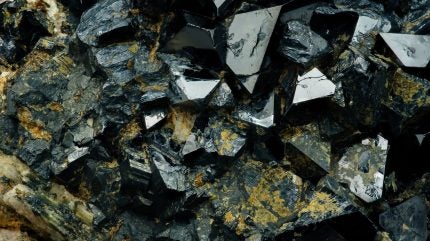In 2017, the NEB approved the construction of the 204 km North Montney Mainline. In 2019, NGTL sought approval for its rate design and services for its entire system which included a surcharge for using the NMML. The Commission approved the rate design but required NGTL to reapply for a revised design for the NMML with new significant market flows. With gas from the Willow Valley Interconnect (WVI) meter station destined to the LNG Canada project, NGTL applied for approval of an unchanged tolling methodology for the NMML in May 2023. Therefore, NGTL applied to re-affirm the NMML toll methodology in this proceeding.
The Commission heard from several parties who were in support of keeping tolls the same. However, Westcoast Energy Inc. argued that the methodology is not supported by meaningful and extensive integration between the NMML and the rest of the NGTL System. After review, the Commission found that the North Montney Mainline remains integrated with the rest of the NGTL System despite some gas flowing west.
The Commission determined that the tolling methodology proposed by NGTL was just and reasonable following the start of deliveries at the WVI. Going forward, the Commission requires NGTL to undertake additional consultation regarding the information it shares with interested parties and report back to the Commission in nine months. NGTL must also include information about the quantity of gas flowing to WVI in its quarterly filings with the CER. These conditions will enhance the transparency of information between NGTL, interested parties and the CER.
- The NGTL System is made up of approximately 25,000 kilometres of pipelines and associated facilities in Alberta and northeast British Columbia.
- The 204 km North Montney Mainline is located in northeastern British Columbia and moves about 570 million cubic feet of natural gas per day.
- The Willow Valley Interconnect meter station is the connecting point between the Groundbirch Mainline and the Coastal GasLink Pipeline as it makes its way to LNG Canada’s export facility in Kitimat, BC.
- NGTL expects more natural gas will be produced in the Western Canadian Sedimentary Basin, to satisfy not only the increased demand at WVI, but also the future demand of other existing markets
- The Canadian Energy Regulator Act says that tolls must be ‘just and reasonable’ and not unjustly discriminatory.
- A pipeline company uses toll revenues to pay for maintenance, earn back the money spent to build the pipeline and provide a return to its investors. Tolls also allow pipeline companies to operate and maintain pipelines safely.
The Canada Energy Regulator (CER) works to keep energy moving safely across the country. We review energy development projects and share energy information, all while enforcing some of the strictest safety and environmental standards in the world. To find out how the CER is working for you visit us online or connect on social media
SOURCE Canada Energy Regulator
![]() View original content: http://www.newswire.ca/en/releases/archive/March2024/27/c8695.html
View original content: http://www.newswire.ca/en/releases/archive/March2024/27/c8695.html
Share This:




